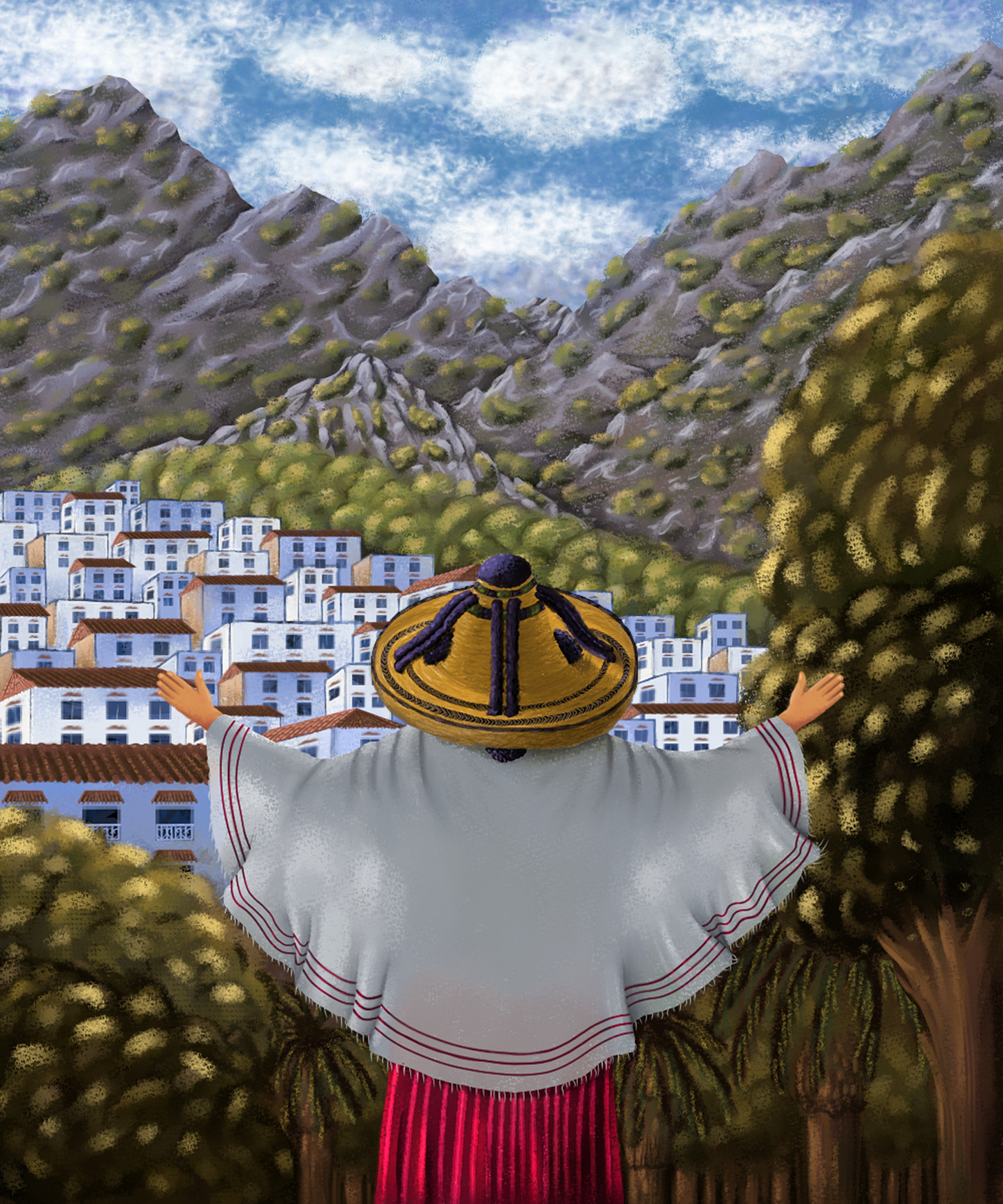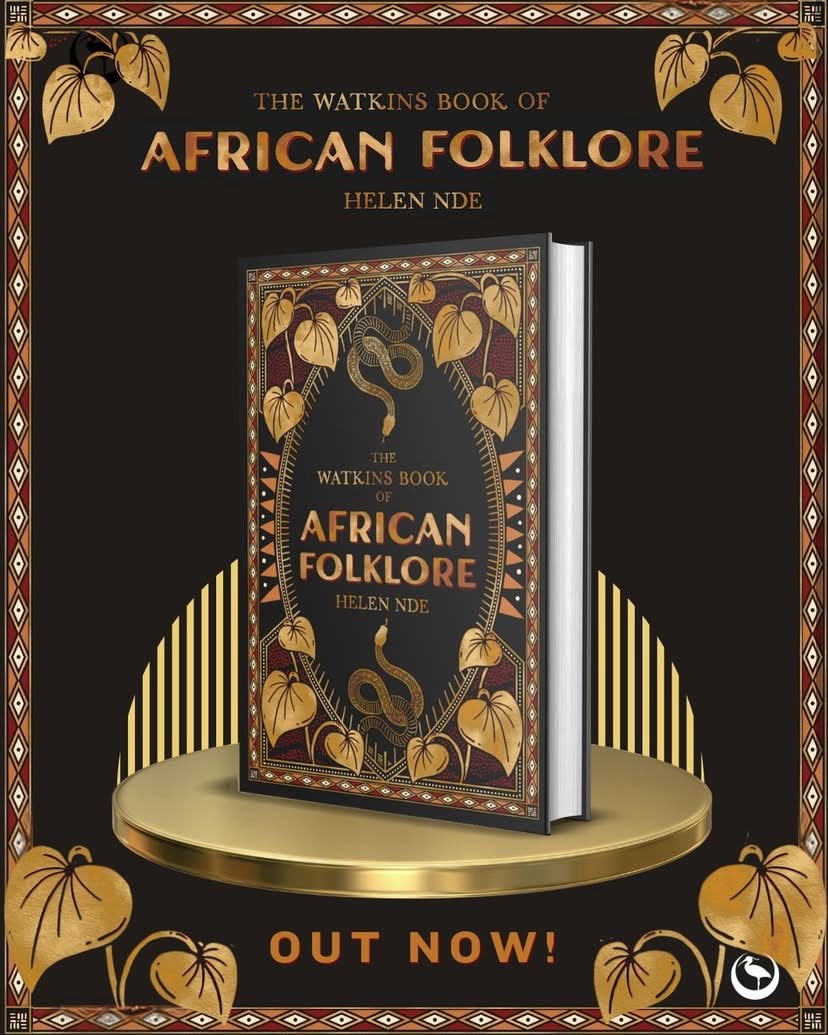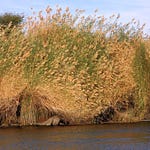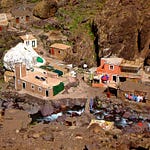This week, we travel even further north to the African Mediterranean coast where the Rif Mountains are located. The Rif Mountains are another Moroccan mountain range rich in history and mountain-related folklore. We’ll visit the town of Chefchaouen, whose name tells you just how much the surrounding mountains have impressed themselves on the minds of the people.
In northern African (specifically Moroccan) Arabic, the word Chouf means “to look.” In Tamazight, the language spoken by the Amazigh who are the indigenous people of northern Africa, the word “Echaouen” means “horns.” The horns in question here are Djebel Meggou and Djebel Kala, two mountains overlooking the town, whose peaks thrust into the sky like the horns of a nubian ibex. And so, “Chouf-Echaouen” translates to “look at the horns,” that is, look at the mountain peaks.
Some of you might already know my favorite folktale from the Rif Mountains. It is the story of Oum Hani, the woman whose lover Chaieb is killed by the Mountains of Chefchaouen for participating in the quarrying that defaces and destroys the mountains. In this episode of the Mythological Africans podcast, however, we’ll read a poetic retelling of Oum Hani’s story from my self-published book of African folktale retellings: “The Runaway Princess and Other Stories.”
References
The Runaway Princess and Other Stories by Helen Nde. Buy the book here.
Dipasquale, Letizia. Understanding Chefchaouen: Traditional knowledge for a sustainable habitat. Firenze University Press, 2020. p 69
Chimenti, Élisa. Tales and Legends of Morocco. United States, I. Obolensky, 1965. pp 6-10
كلخة, et al. The Presence of Riffian Mines in the Amazigh Oral Heritage and its Socio-Historical Dimensions. دورية کان التاريخية: المستقبل الرقمي للدراسات التاريخية 18.67 (2025): 210-217.
El Ghaoui, Lisa. Des femmes et de la nature: l’écoféminisme ante-litteram d’Elisa Chimenti. Atlante. Revue d'études romanes 18 (2023).
Can’t Get Enough?
Maimoona: Music of the Rif Mountains : Casette tape recordings of Riffian music of unknown source. Come for the melodies and vibes, stay for the scratchy, old school goodness.
Meanwhile…
The Watkins Book of African Folklore (…or The Mythological Africans Book) is out!
The Watkins Book of African Folklore contains 50 stories, curated from North, South, East, West and Central Africa. The stories are grouped into three sections:
Creation myths and foundation legends
Stories about human relationships and the cultural institutions they created
Animal tales (with a twist…the folktales are about some of the most unlikely animals!)
I thoroughly enjoyed digging into the historical and cultural context out of which the stories, their themes, and protagonists emerge. There is something for everybody!














Share this post